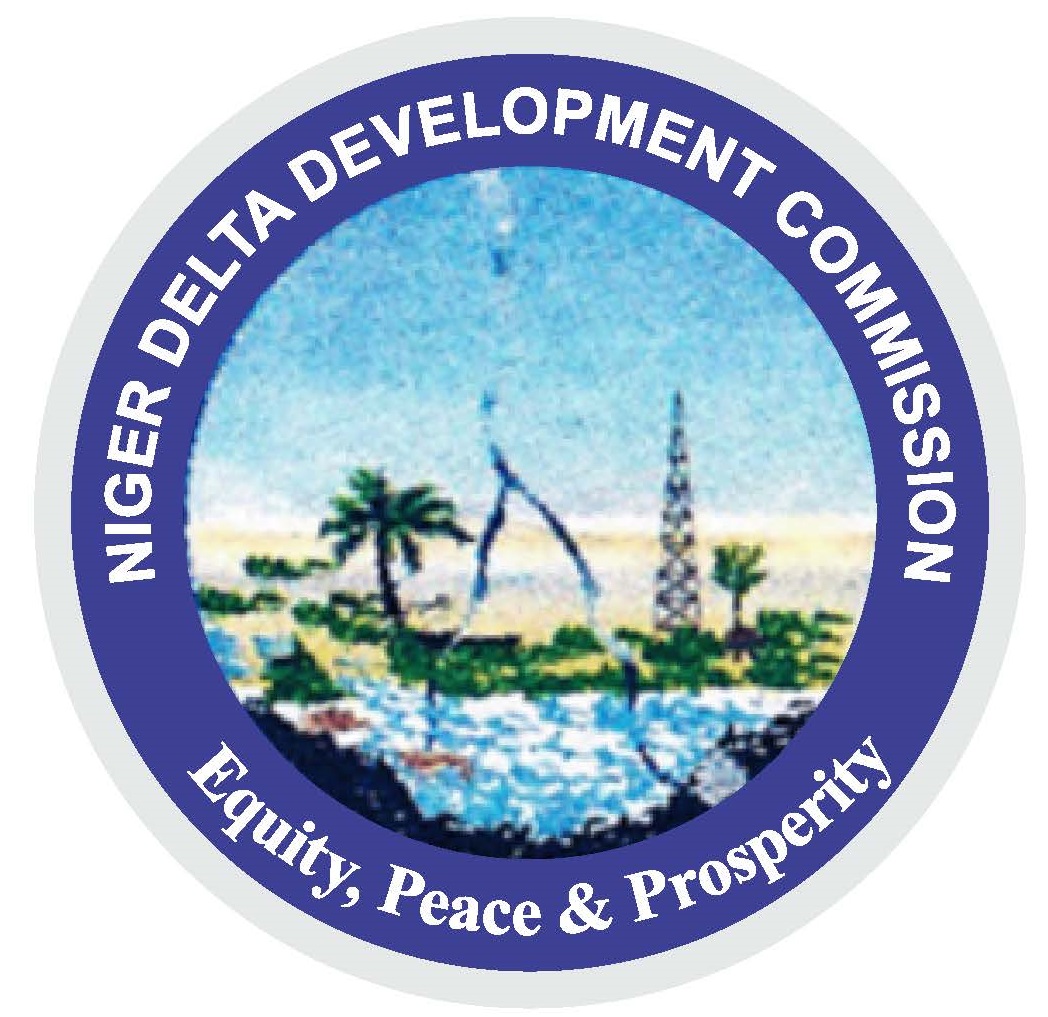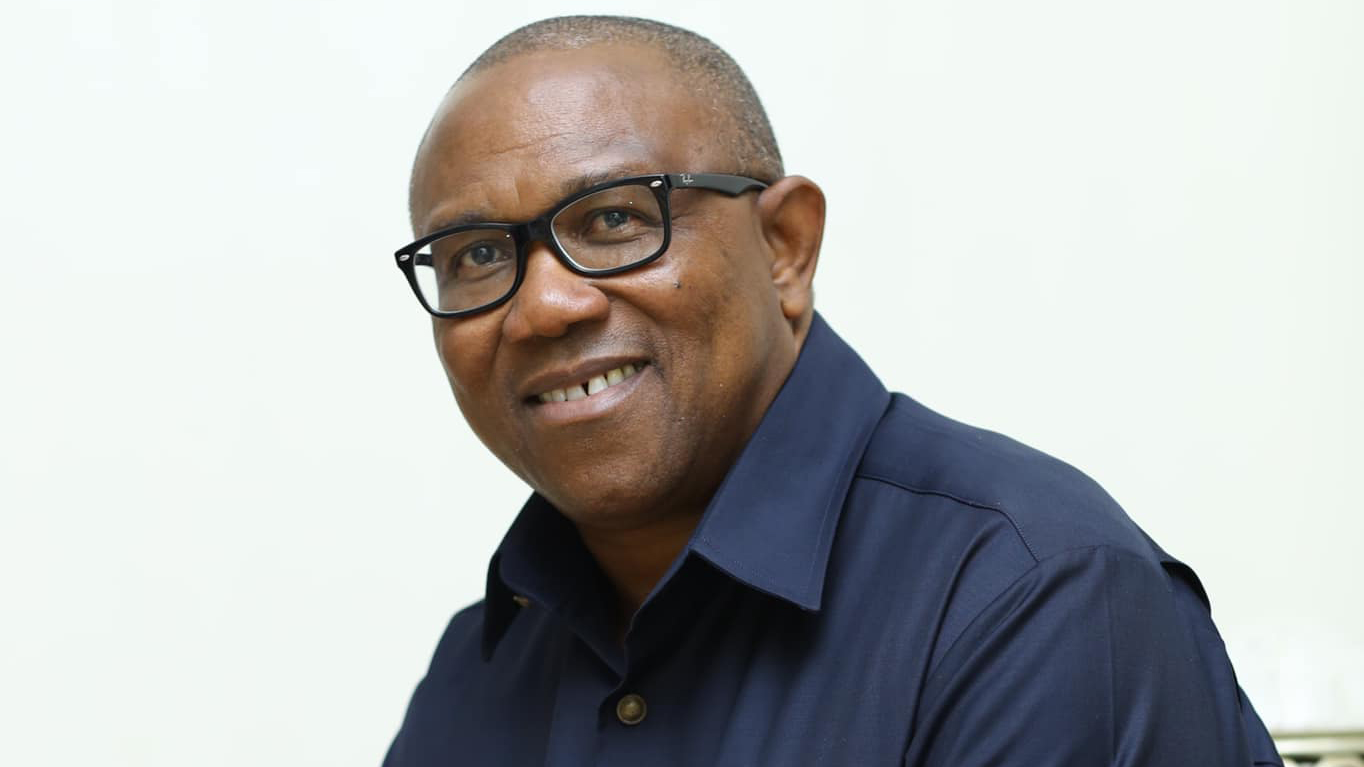EARLY warning systems have been identified as a major impetus towards conflict prevention and promotion of sustainable development in the Niger Delta region.
A Professor of Peace and Conflict Studies at the University of Ibadan, Isaac Albert, disclosed this at a four-day retreat for the Niger Delta Development Commission (NDDC) Department of Dispute and Conflict Resolution, in Lagos, with the theme, ‘Effective Early Warning System for Conflict Prevention: A Key in Advancing the Renewed Hope Agenda for Sustainable Development in the Niger Delta Region.’
In his lecture, Albert urged the NDCC to urgently strengthen its conflict-prevention architecture, warning that without a functional early warning system, sustainable development in the region will remain elusive.
The don said the theme of the retreat underscores the urgent need for proactive strategies to ensure peace, stability, and inclusive development in the region.
While linking the workshop agenda and the Renewed Hope Agenda of the present government, he said: “President Bola Ahmed Tinubu’s Renewed Hope Agenda is a policy framework designed to drive Nigeria’s development across various sectors, focusing on economic revitalisation, social inclusion, and improved governance.
“In the Niger Delta, an area historically affected by resource-based conflict, the agenda’s success depends on how well its core strategies (connecting rods) address both the root causes and the manifestations of conflict.
“Do you have an effective early warning system in the NDDC? If not, how do you intend to prevent conflict and advance sustainable development?”
He added that effective early-warning structures must be community-driven and capable of triggering timely interventions.
“We need systems that not only collect and analyse data but also trigger action. Otherwise, we are simply documenting crises, not preventing them,” he said.
Albert noted that peace building in the Niger Delta continues to suffer because key stakeholders – oil companies, state and local governments, youths, and market women – are often excluded from planning and monitoring processes.
In his opening remarks, the acting Director of DCR, Godwin Ogedegbe, said the deliberations are not only timely but essential “if we are to translate aspiration into action and protect the vulnerable, while unlocking the region’s vast potential.”
Ogedegbe, who also built on the theme of the summit, highlighted that the Niger Delta remains one of the most dynamic, yet most challenged region in Nigeria, adding that it embodies immense natural wealth, vibrant communities and a history of conflict rooted in environmental degradation, competition over resources, governance gaps, unemployment, youth restiveness and unequal access to services.
“The Niger Delta region, rich in natural resources and cultural heritage, has long stood at the crossroad of opportunity and adversity. While its oil wealth has powered the national economy, the region has also endured decades of environmental degradation, socio-economic inequality and intermittent conflict,” he said.
The Managing Director of the NDDC, Dr. Samuel Ogbuku, represented by his Special Adviser on Security, Ibarakumo Otobo, noted that an early warning system is very important in conflict resolution, as it signifies that “if we know our problem early enough, we will be able to proffer solution, and this is one key area the NDDC will work on. We need to know our problem; have the early signs of what might trigger conflict, and then know how to tackle it.”






